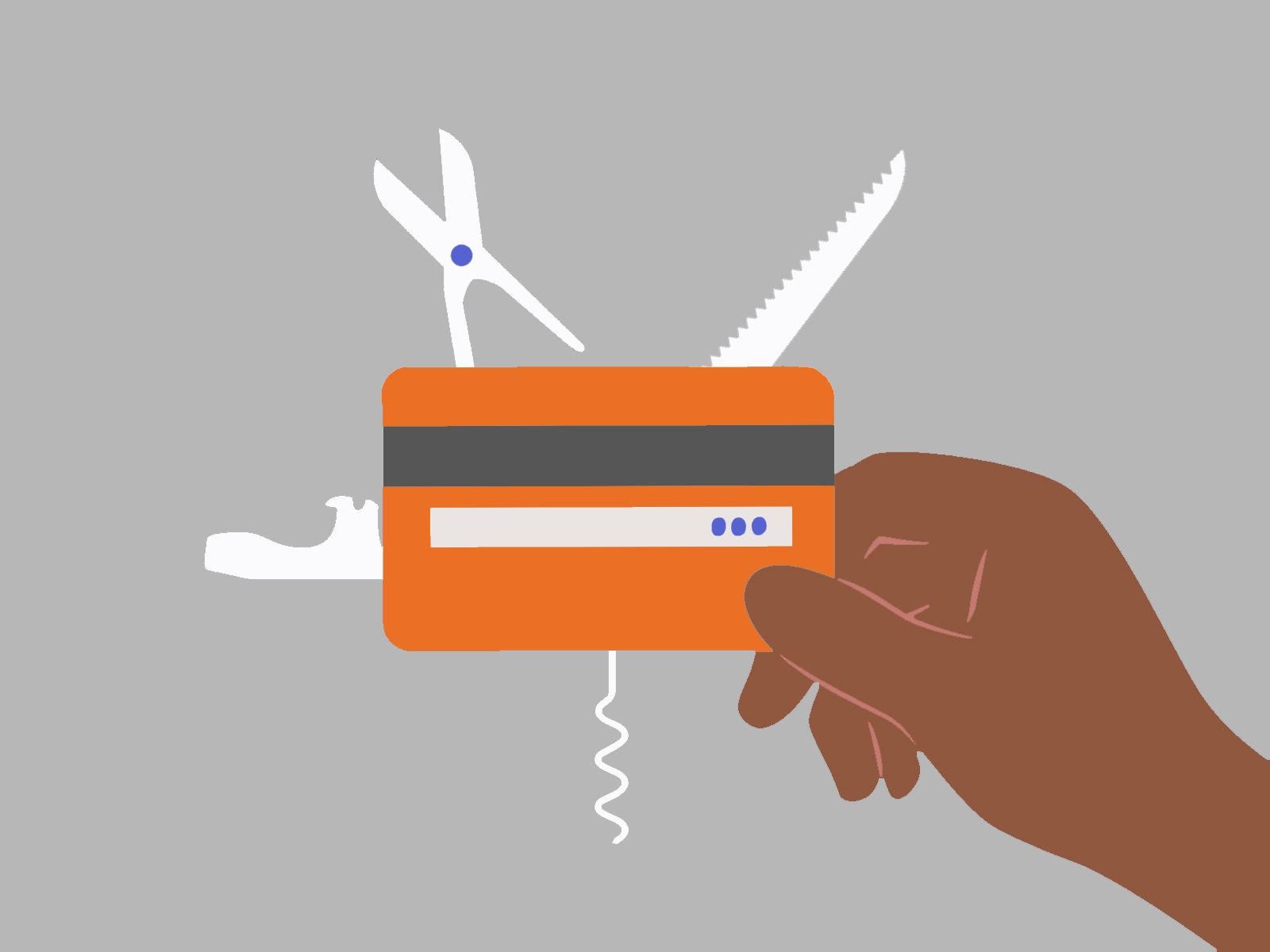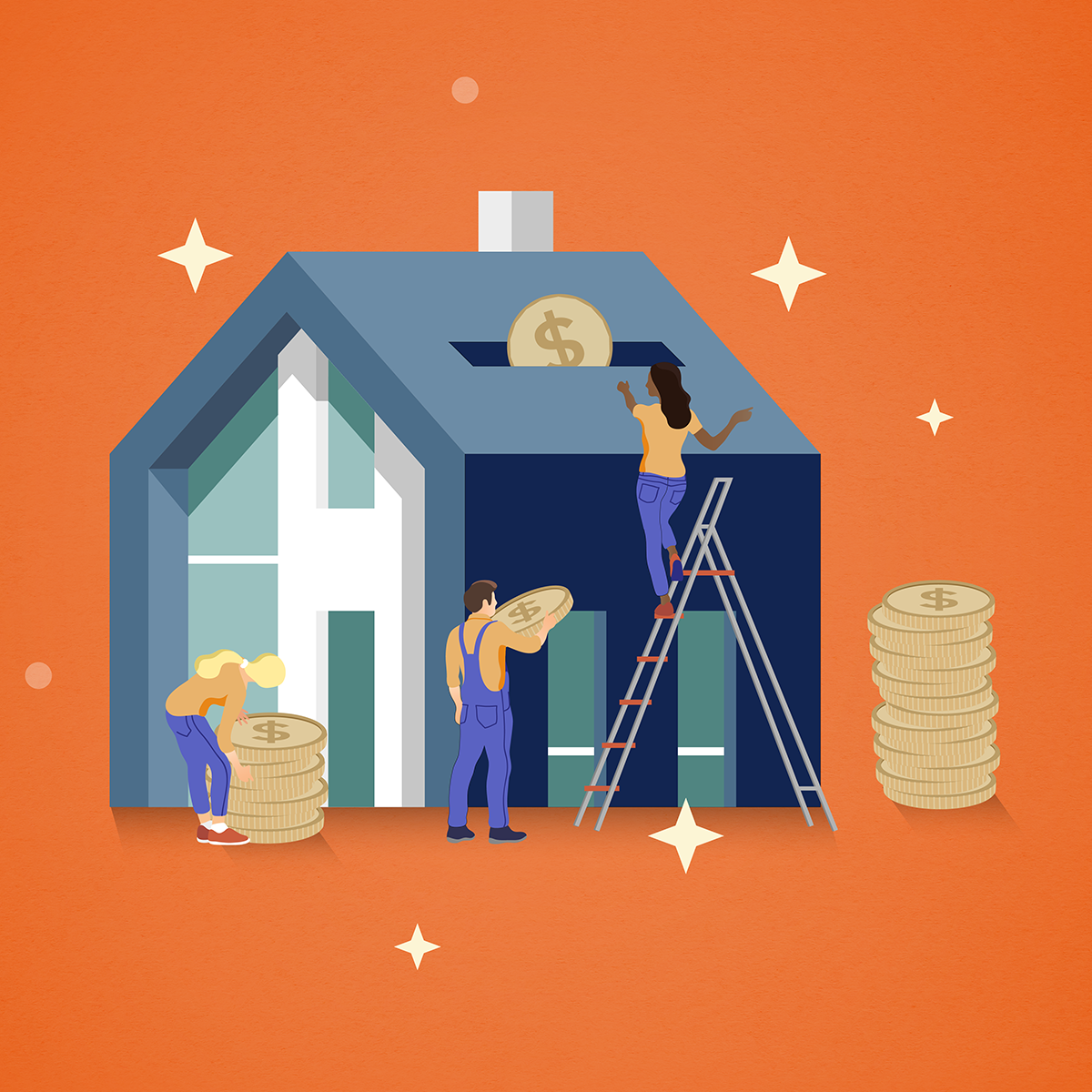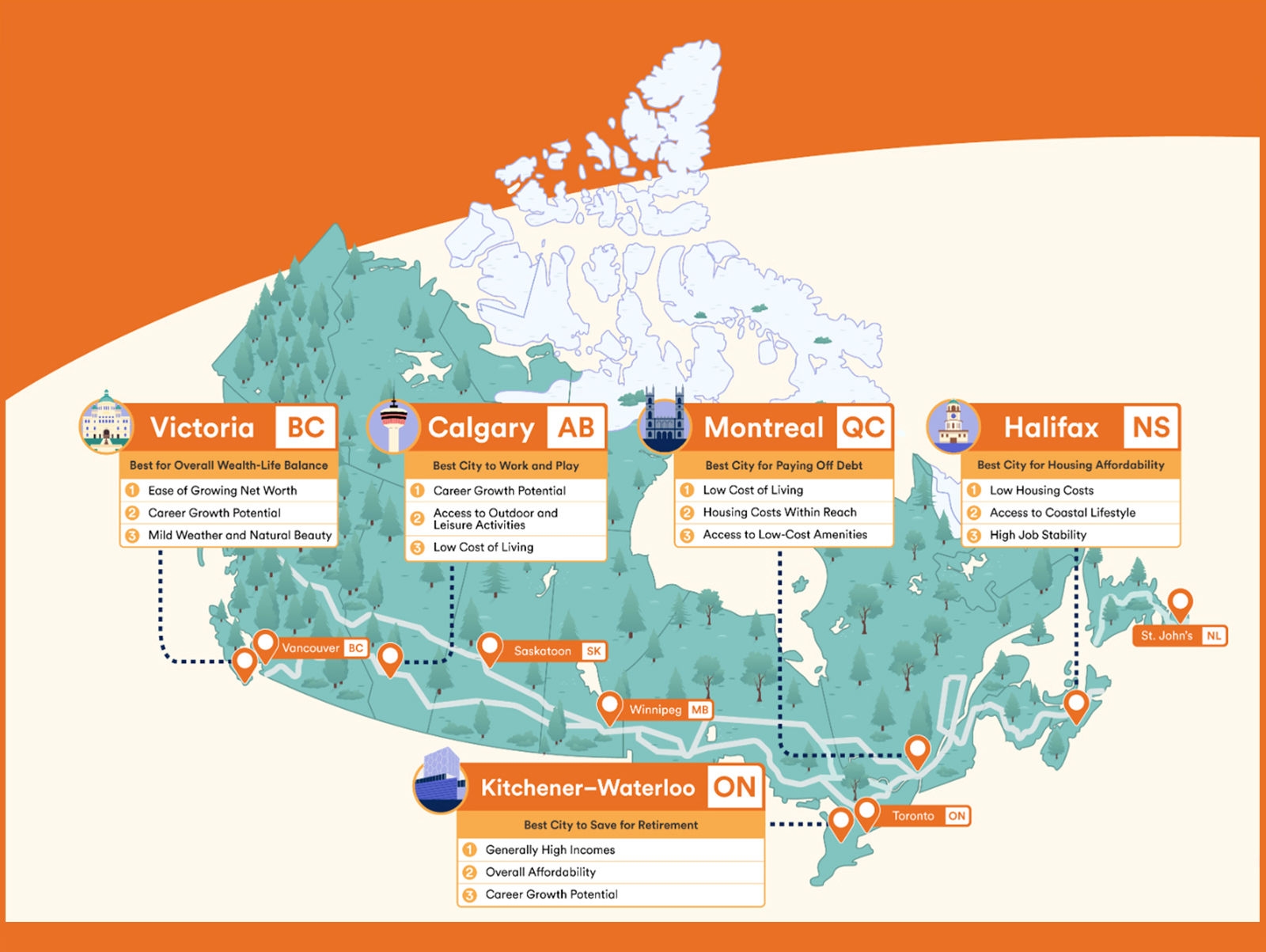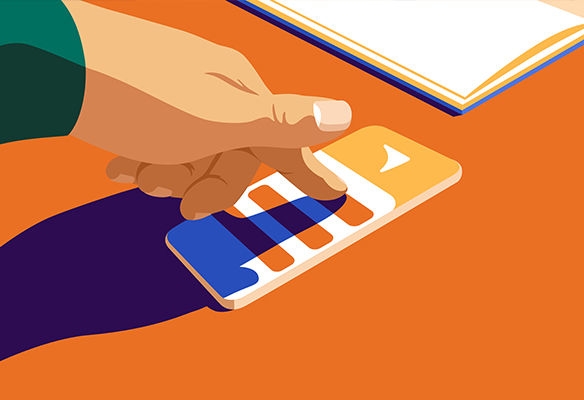How I paid off my student loan
I graduated from a four-year university arts program in the summer of 2016, started student loan repayment at the beginning of 2017, and as of mid-February 2019, I was shouting from the rooftops that I'd officially paid off my $24,000 in student loans!
So how did I pay off $24,000 in loans in a quicker-than-average two year period?
I acquired stable work for a stable income
It took a lot of searching and effort as a recent grad, but I landed contract work at a charity, freelance work at a few publications, and finally, a 9-to-5 salary job. I knew I needed a steady income to pay down my loan.
I met my payments every month
Often, student loans require a minimum payment every month after you graduate. I started paying the $275 minimum on my loan as soon as I graduated, and eventually chose to pay $500 a month towards my loans when I could handle it. And I never missed a payment — that way, no debt collectors came calling, and I kept my eye on the prize of paying off my loan ASAP.
I kept other debts to a minimum
Credit card bills and phone bills were kept as low as possible while I paid off my loan. I tried not to use my credit card unless absolutely necessary, and I chose a phone plan with minimal data. Any money I was using to pay off debt was going towards my student loans, so that meant having no other debt to deal with.
I allocated part of each paycheque into a designated savings account for my loan
Along with my $500 automatic monthly payments, I was also allocating a few hundred dollars every month into a savings account, with interest, specifically for my loan. The goal? To have a lump sum payment ready to polish off my loan when the time came.
It may seem simple, but these simple tools helped me pay off my loan in two years.
I managed to pay off $9,000 with my monthly payments, and saved an additional $15,000 for the final installment. My savings account was made up of the remainder of my initial student loan amount that I hadn't used, left over grant money, and the money from my paycheques that I was putting aside.
Paying off a student loan doesn't have to be daunting. With a plan in place to save and make regular payments, I paid off my loan. Now, I'm happy to say that I'm working on other savings goals — maybe buying a home isn't far from reach!










